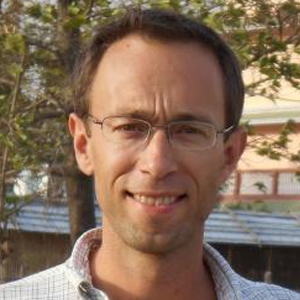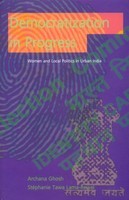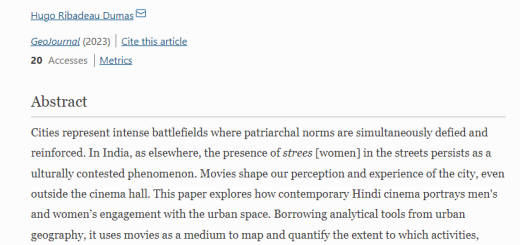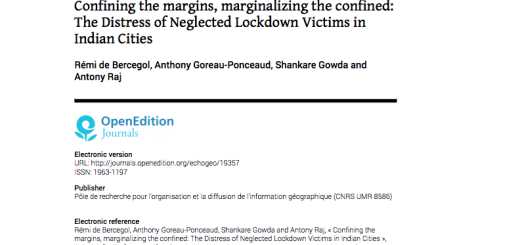Tristan BRUSLÉ

Recent Publications:
1. 2016 (with Bénédicte Michalon) L’ethnicité, la religion et le genre dans les institutions d’enfermement : processus et effets de catégorisation, Introduction au Théma « Enfermement et catégorisation », Critique Internationale, n°72, p.9-19
2. 2016 Book review : Borderland lives in Northern South Asia, David N. Gellner (ed.), 2013, Durham and London, Duke University Press, South Asia Multidisciplinary Journal, http://samaj.revues.org/4084
3. 2016 Ties to Nepal and diasporic consciousness of Indians of Nepali origin: examples from Bokakhat, Assam, dans T.B. Subba (dir.), Nepali Diaspora in a Globalised Era, New Delhi, Routlegde, p.170-187
4. 2015 Loger pour exclure. Le camp de travailleurs, dispositif central d’un système de domination des migrants à bas revenus dans le Golfe arabique (exemples au Qatar), in A. Clerval, A. Fleury, J. Rebotier, S. Weber (dir.), Espaces et rapports de domination, Rennes, Presses Universitaires de Rennes, p.273-284
5. 2015 Habiter un camp de travailleurs. Appropriation, usages et valeurs du dortoir en milieu contraint, Annales de Géographie, n°702-703, p.248-274










